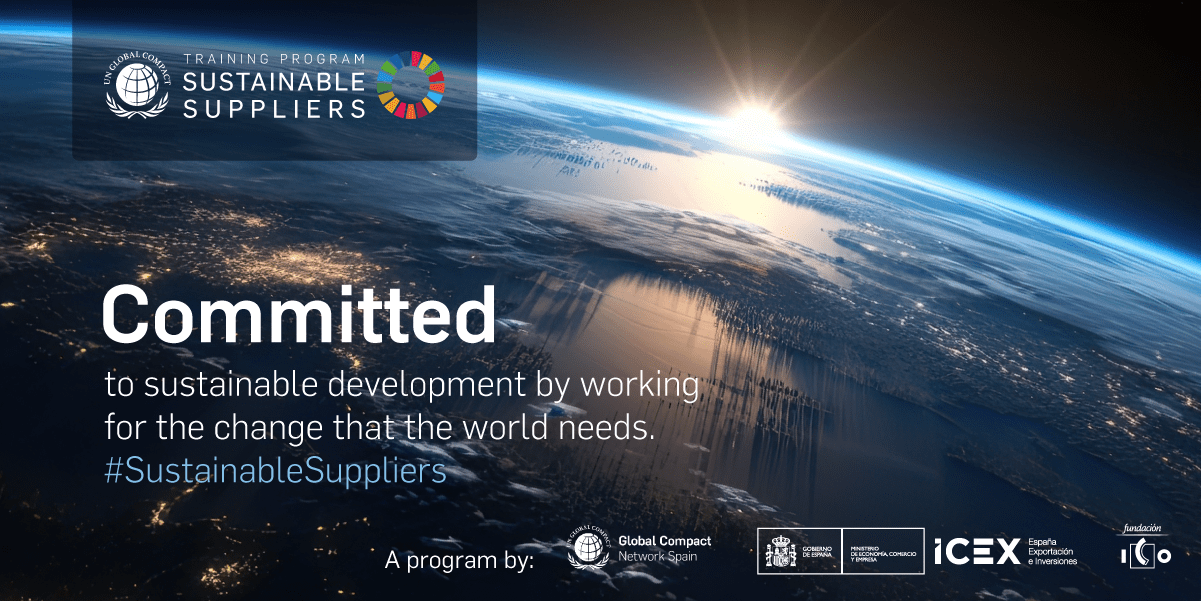In today’s business world, small and medium-sized enterprises (SMEs) face a constantly evolving digital landscape. With increasing reliance on technology, they must not only be concerned with operational efficiency and market expansion, but also with two critical issues: cybersecurity and sustainability. While at first glance these may seem like separate issues, the intersection between these two concepts can offer significant benefits for SMEs.
Cybersecurity: an imperative need
Cybersecurity has become a priority for all businesses, regardless of size. Cyber threats, such as ransomware, phishing and denial-of-service (DDoS) attacks, can wreak havoc on business operations. For SMEs, which often lack the resources of large corporations to recover from such attacks, cybersecurity is not just an option, but a necessity.At BBLTranslation, every year we participate in the C1b3rWall project, which was born in 2018 at the National Police School belonging to the National Police Training and Development Division.
It was created with the aim of creating a collaborative environment, both public-public and public-private, with the objective of generating the best training in the field of cybersecurity. This seeks to develop the necessary and highest quality skills and abilities for t professionals working in this field as well as for all citizens concerned about their own digital security and that of their loved ones.
Sustainability: a business imperative
On the other hand, corporate sustainability has gained traction as a key strategy for long-term success. It is not only about being environmentally friendly, but also about operating efficiently and responsibly, reducing costs and enhancing corporate reputation. Sustainable practices can range from reducing energy consumption to implementing recycling policies and adopting green technologies.
At BBLTranslation, we are part of the United Nations Global Compact. This framework, based on fundamental principles, guides companies on issues such as human rights, labour conditions, environmental protection and anti-corruption. Through the Global Compact, we work with UN bodies, labour organisations and civil society to promote ethical and sustainable business practices.
The United Nations Global Compact is the world’s largest global corporate sustainability initiative, with two main goals: “To integrate the ten principles into global business operations” and “To advance actions that support the broader UN goals, such as the Millennium Development Goals (MDGs) and the Sustainable Development Goals (SDGs)”.
BBLTranslation is currently participating in the sustainable supplier training programme. This is an international training project focused on specific areas of the Ten Principles of the UN Global Compact, the Sustainable Development Goals (SDGs) and corporate sustainability.
The programme is aimed at SME suppliers of large companies participating in the UN Global Compact initiative in Spain.
The connection between cybersecurity and sustainability
So how do cybersecurity and sustainability connect in the context of SMEs? Here are some ways in which these two concepts can be beneficially integrated:
- Reducing energy consumption: Modern cybersecurity solutions often include cloud computing and virtualisation technologies. These technologies not only protect company data, but can also significantly reduce energy consumption compared to traditional data centres. Cloud computing allows SMEs to use resources more efficiently, resulting in lower operating costs and a smaller carbon footprint.
- Durability and resilience: Implementing robust cyber security measures can increase a company’s resilience to operational disruptions. A company that can withstand and recover quickly from a cyber-attack is a more sustainable company, as it can continue to operate without having to resort to costly and temporary solutions that could negatively impact the environment.
- Protecting sensitive data: Responsible data management is not only an aspect of cybersecurity, but also of sustainability. SMEs that adequately protect their customers’ and employees’ data not only avoid legal sanctions and financial losses, but also build a relationship of trust and transparency with their stakeholders, promoting ethical and sustainable business practices.
- Smart investments: By investing in cybersecurity solutions, SMEs are making prudent financial decisions. Security breaches can result in high costs in terms of both money and reputation. A company that invests in cybersecurity is demonstrating its commitment to financial sustainability, avoiding unnecessary expenses and ensuring its long-term viability.
Conclusion
Cybersecurity and sustainability may seem like separate goals, but in reality they are deeply interconnected. For SMEs, integrating cybersecurity and sustainability strategies not only protects their operations, but also promotes a responsible and efficient business culture. Ultimately, these combined practices can help SMEs thrive in an increasingly complex and demanding business world.
At our translation agency BBLTranslation, we understand the importance of protecting your data and operating sustainably. Contact us today to find out how our solutions can help you achieve these goals.




